Earth
Sign up for our newsletter
We summarize the week's scientific breakthroughs every Thursday.
-
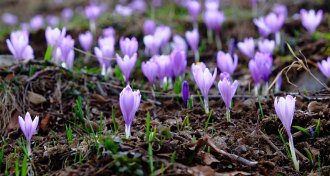 Climate
ClimateEarlier blooming intensifies spring heat waves in Europe
The early arrival of spring plants due to climate change amplifies springtime heat waves in Europe, new climate simulations suggest.
-
 Climate
ClimateHurricane frequency dropped during 17th century ‘Little Ice Age’
Atlantic hurricane activity fell around 75 percent when the sun dimmed from 1645 to 1715, a new analysis of shipwrecks and tree rings suggests.
-
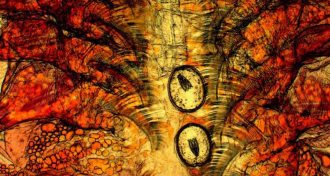 Animals
AnimalsParasites help brine shrimp survive toxic waters
When brine shrimp are infected with tapeworms, the tiny aquatic organisms survive better in warm waters and in those laced with toxic arsenic.
-
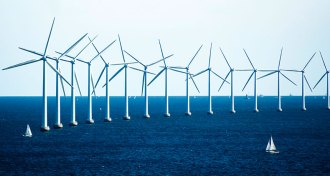 Oceans
OceansMagnetism from underwater power cables doesn’t deter sea life
High-voltage power cables that ferry electricity across the seafloor do not negatively impact local fish and crabs, new studies show.
-
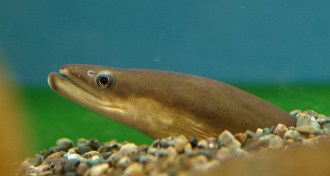 Environment
EnvironmentLow levels of radiation from Fukushima persist in seafood
Aquatic species in Japan contain low levels of radioactive cesium, but some freshwater species risk high contamination.
-
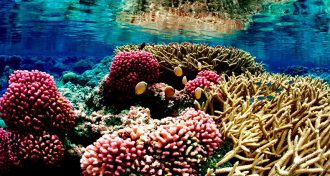 Oceans
OceansProtected coral reefs may not be the ones that need protection
A new study finds that more than half of the world’s coral reefs site within a half-hour of a human settlement. But those that are protected tend to be far away.
-
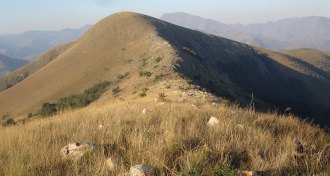 Oceans
Oceans3.5 billion years ago, oceans were cool, not hot
Extensive new evidence from South Africa suggests that 3.5 billion years ago, Earth was locked in a cold spell, with isolated blasts of hydrothermal heat that may have helped incubate life.
By Beth Geiger -
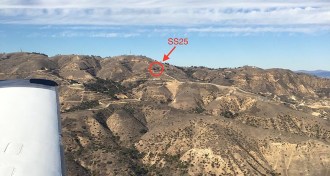 Environment
EnvironmentCalifornia gas leak spewed massive amounts of methane
New estimates suggest that a 2015 natural gas well blowout injected tons of greenhouse gases into the Los Angeles atmosphere.
-
 Earth
EarthReaders respond to blue tarantulas, multiparticles and white outs
Readers respond to the January 9, 2016 issue of Science News with thoughts on blue tarantulas, multiparticles, and avalanches.
-
 Oceans
OceansGreat Barrier Reef acidification predictions get worse
New simulations suggest that ocean acidification poses an even greater threat to the Great Barrier Reef than suspected.
-
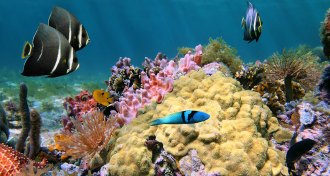 Oceans
OceansCorals need to take their vitamin C
Newly settled corals use vitamin C to help build their stony skeletons, researchers propose.
-
 Oceans
OceansGulf oil spill could hasten corrosion of shipwrecks
Oil from the Deepwater Horizon disaster could hasten the corrosion of historical shipwrecks in the Gulf of Mexico, new studies of marine microbes suggest.